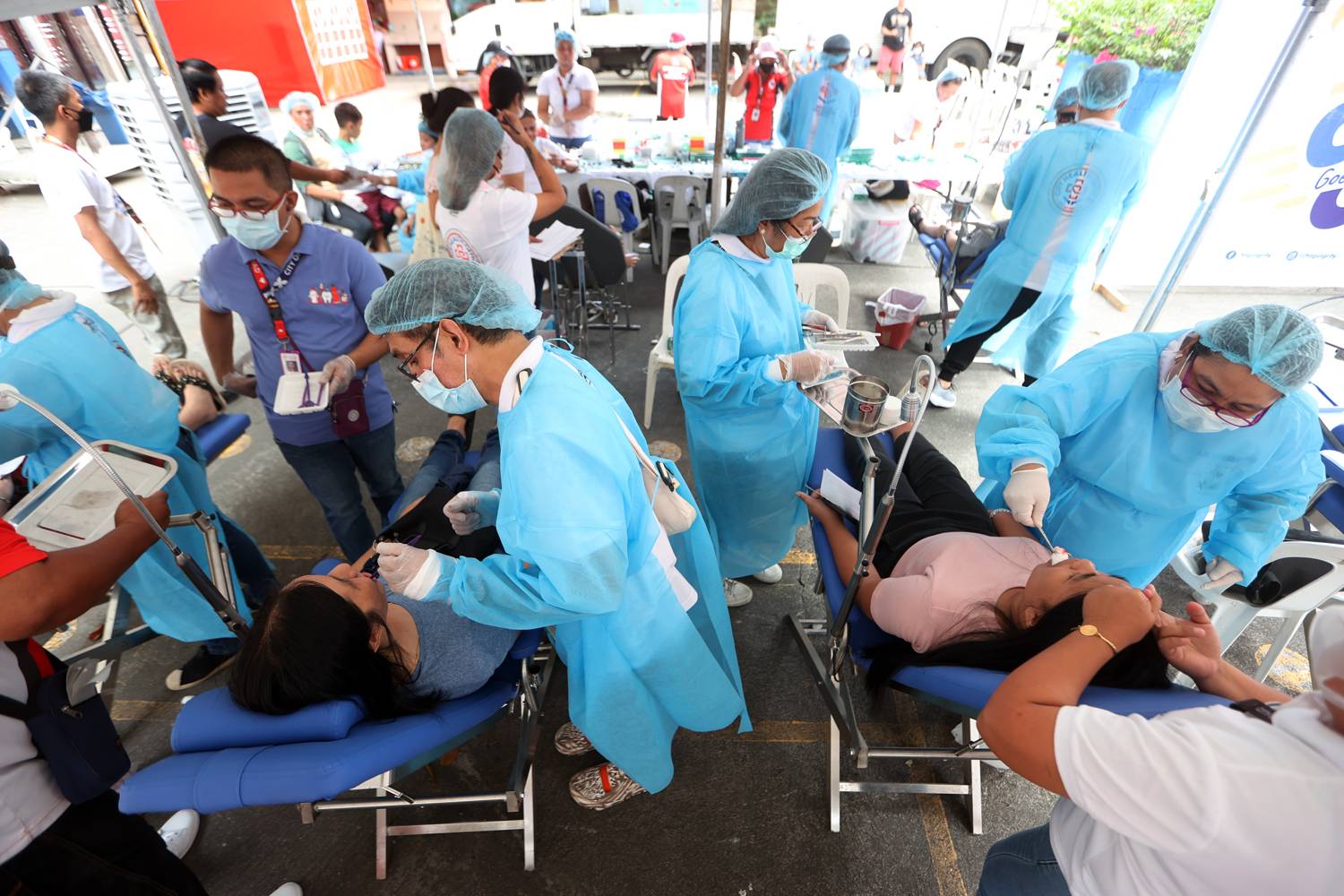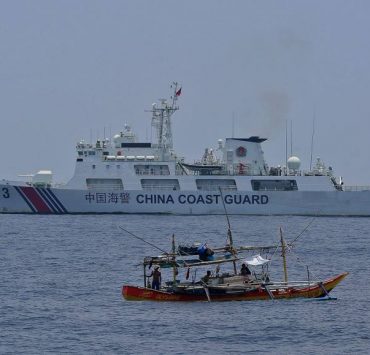Equitable allocation of blood donations

In 2010, the World Health Organization called for global action toward 100-percent voluntary blood donation. It aims to phase out family blood donation, replacement donation, and paid donation which are prone to donor abuse. This vision has been adopted by the Department of Health by issuing policies that call for rational blood use and 100-percent voluntary blood donation. However, replacement donation has not been fully eliminated and remains one of the sources of blood supply in the Philippines.
The blood demand and supply imbalance remains a concern. Several factors have been identified that contribute to this issue such as decreased blood donors, decreased operational capacity of blood banks, consistently high demand for blood products, and irrational blood use.
Despite strategies to ensure rational blood use in the hospital, evidence shows that the proper utilization of blood and blood products remains poorly regulated. Therefore, the imbalance continues to exist affecting the health system’s capacity to equitably allocate blood supply. These issues present a challenge in maintaining a sustainable supply of blood that will meet the demand while complying with existing policies on voluntary blood donation. Hence, there is an urgent need to look at evidence-based measures to improve current strategies that can effectively ensure rational blood use and the availability of blood and blood products.
Addressing the persistently low supply of blood will entail more resources and is challenged by systemic issues that cannot be immediately or easily resolved. It is then imperative to ensure that the health system can properly allocate the limited blood supply to patients who need it most. Thus, strategies must be instituted to ensure that the supply of blood products that barely meet the demand is given to the right patient, at the right time, and for the right indication.
REINER LORENZO J. TAMAYO,
renztamayo@gmail.com
















